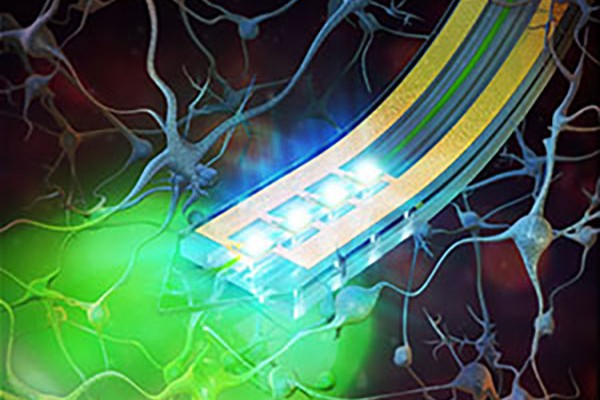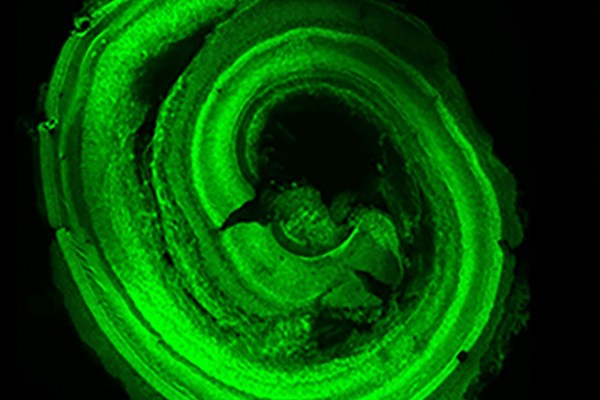Dialing changes on Medical Campus and at BJC facilities coming this fall
Beginning this September, changes to the telephone system used on the Washington University Medical Center campus and at all BJC HealthCare facilities will require employees to “Dial 10” when placing calls to internal and external numbers.
Snapshots 7.20.15: First drafts, first look
Images captured in and around the Washington University campuses.
Two Washington University faculty named Pew scholars
The Pew Charitable Trusts have named two early-career faculty members at Washington University in St. Louis among their Pew scholars in the biomedical sciences. They are Qin Liu, PhD, of the School of Medicine, and Gary J. Patti, PhD, of Arts & Sciences.
WashU Expert: 12 tips for parents of new college students
Freshman year of college can be a time of excitement and discovery, but it also is a period of ambivalence, sadness and doubt — and not just for students. Parents also struggle as their child transitions to college. Karen Levin Coburn, senior consultant in residence at Washington University in St. Louis and co-author of the acclaimed book, “Letting Go: A Parents’ Guide to Understanding the College Years,” offers 12 tips – six for now, six for later – that every parent of a new college student should know.
WashU Expert: Poverty’s most insidious damage is to a child’s brain
A study published July 20 in JAMA Pediatrics provides even more compelling evidence that growing up in poverty has detrimental effects on a child’s brain. Dealing with this must become “our top public health priority,” writes the School of Medicine’s Joan Luby, MD, in an accompanying editorial.
Bateman receives MetLife Award for Alzheimer’s research
Randall J. Bateman, MD, the Charles F. and Joanne
Knight Distinguished Professor of Neurology at the
School of Medicine, has received a MetLife Foundation Award
for Medical Research. Bateman, a leader in Alzheimer’s disease research, is the university’s fifth researcher to receive the prize.
Device delivers drugs to brain via remote control
A team of researchers, including neuroscientists from Washington University School of Medicine in St. Louis, has developed a wireless device the width of a human hair that can be implanted in the brain and activated by remote control to deliver drugs to brain cells. The technology, demonstrated for the first time in mice, one day may be used to treat pain, depression, epilepsy and other neurological disorders in people by targeting therapies to specific brain circuits.
New findings hint toward reversing hearing loss
Studying mice, scientists at Washington University School of Medicine in St. Louis have identified two signaling molecules that are required for the proper development of a part of the inner ear called the cochlea. The study contributes to the understanding of inner ear development, a first step toward the goal of being able to recover lost hearing.
Strengthening a partnership in China
During a recent trip to China, Chancellor Mark S. Wrighton had a productive visit to Xi’an Jiaotong University. In addition to delivering an address at the university’s commencement, the chancellor signed a letter of partnership with Xi’an Jiaotong, outlining future collaborations and support between the two universities.
Smart cornfields of the future
Scientists attending a workshop at Cold Spring Harbor Laboratory slipped the leash of scientific caution and tried to imagine what they would do if they could redesign plants at will. The ideas they dreamed up may make the difference between full bellies and empty ones in the near future when population may outrun the ability of traditional plant breeding to increase yields.
View More Stories




